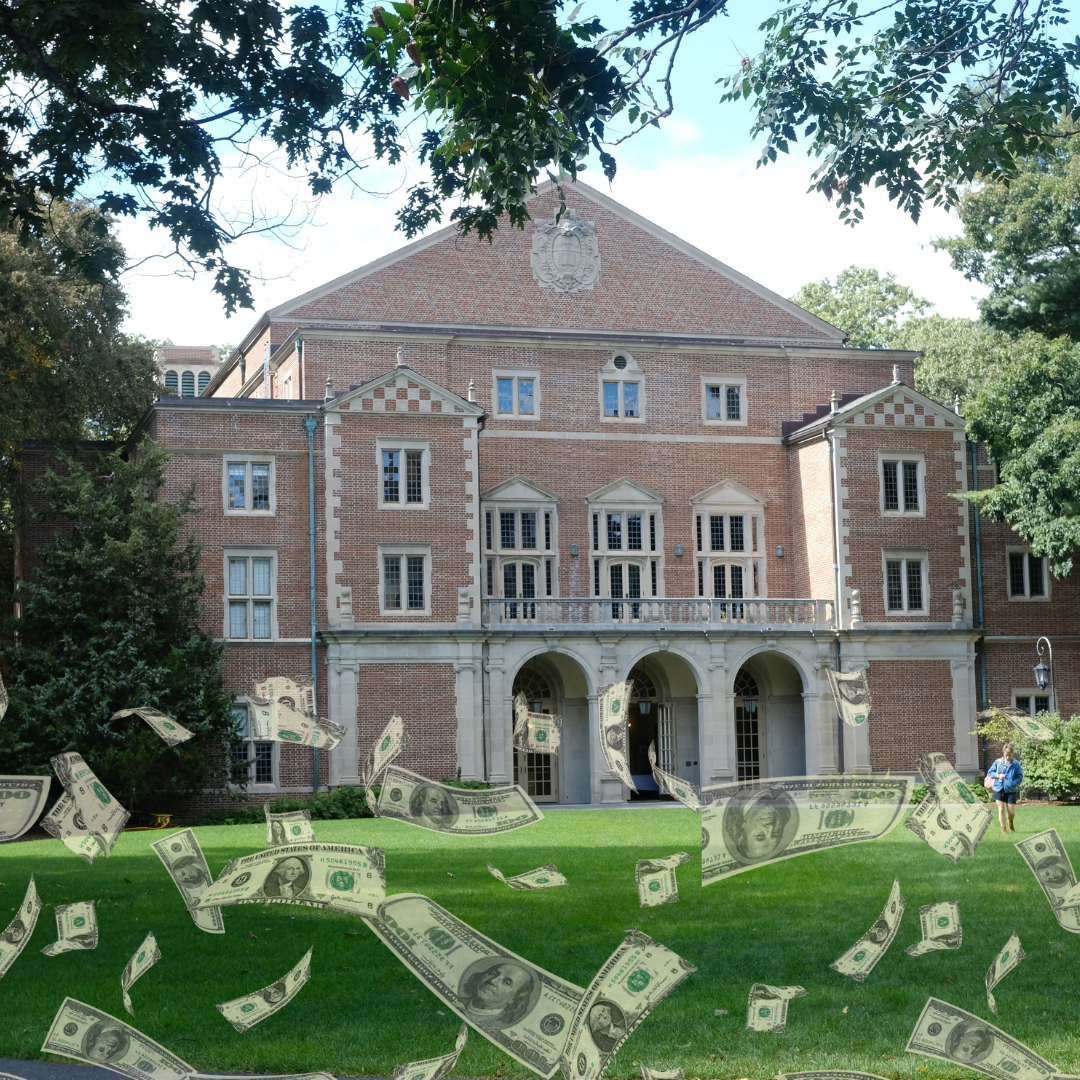Republicans take Senate in midterm elections
For the first time since the elections in 2006, voters gave Republicans control of both the House and the Senate. Republicans won Democratic Senate seats in Montana, Colorado, West Virginia, South Dakota and Arkansas. CNN’s first wave of exit polls show that the majority of voters were angry or dissatisfied with President Obama’s administration. The victory for Republicans has tipped the balance of power away from Obama, who will be forced to limit his legislative agenda for the remaining two years of his second term. Obama will likely pursue his goals either by bypassing Congress and making more use of executive actions or by pursuing actions with bipartisan support, like tax reform. The President has already promised executive action on immigration reform, which is likely to be met with opposition from the Republican-controlled Congress. The newly elected Congress is scheduled to take over in January.
Federal Reserve announces end of Quantitative Easing
After years of buying up bonds and mortgage-backed securities to pump more money into the economy, the Federal Reserve will end its unconventional program adopted for the purpose of ushering the United States through the aftermath of the financial crisis. The decision signals the Fed’s growing confidence in the state of the economy, which has seen falling unemployment, somewhat increased household spending and more business investment. Today, the economy is growing at roughly three percent per year. However, recovery is not yet complete, particularly in the labor market. Millions have been without a job for over six months, and millions more who want to be employed full time only hold part-time jobs. Although the Fed is confident enough to end quantitative easing, it will continue to hold on to the assets it previously purchased, and the Fed is currently keeping the interest rate at its current record-low levels to encourage growth.
Pro-Russian rebels in Ukraine vote for leaders
Citizens of the rebel-held provinces Donetsk and Luhansk in Eastern Ukraine turned out to vote in large numbers using email and mobile voting stations to select their own members of Parliament and prime ministers, independent from the Ukrainian government in Kiev. The self-proclaimed People’s Republic of Donetsk announced Aleksandr Zakharchenko as its new prime minister. Igor Plotnitsky was declared head of the separatists in the Luhansk region. The vote, recognized as legitimate by Russia, has been condemned by Ukraine, the United States and the European Union. According to CNN, no official observers were monitoring the election. Critics call the vote illegitimate and a violation of the international agreement reached in September between pro-Russian separatist groups and Ukrainian government forces, which was signed by a Russian representative. Voters who took to the polls told reporters that they participated in the elections in the hopes of bringing peace to the region.
President of Burkina Faso ousted, army takes over
The twenty-seven-year tenure of Burkina Faso President Blaise Compaore came to an end on Friday after days of heated protests. Compaore, who ignited tensions when he attempted to amend the constitution to extend his rule, resigned his post and fled to the Ivory Coast. Soon after the former leader was ousted, the army stepped in and declared Lieutenant Colonel Isaac Zida, relatively unknown outside army circles, as the transitional leader. Protesters denounced the military takeover, claiming that the army had stolen the people’s victory. The United Nations also called for a return to civilian rule, threatening sanctions if Zida does not remove himself from power. Burkina Faso’s constitution states that should the nation’s president resign, the president of the Senate should take over in the interim and an election should be held between 60 and 90 days after the resignation.





